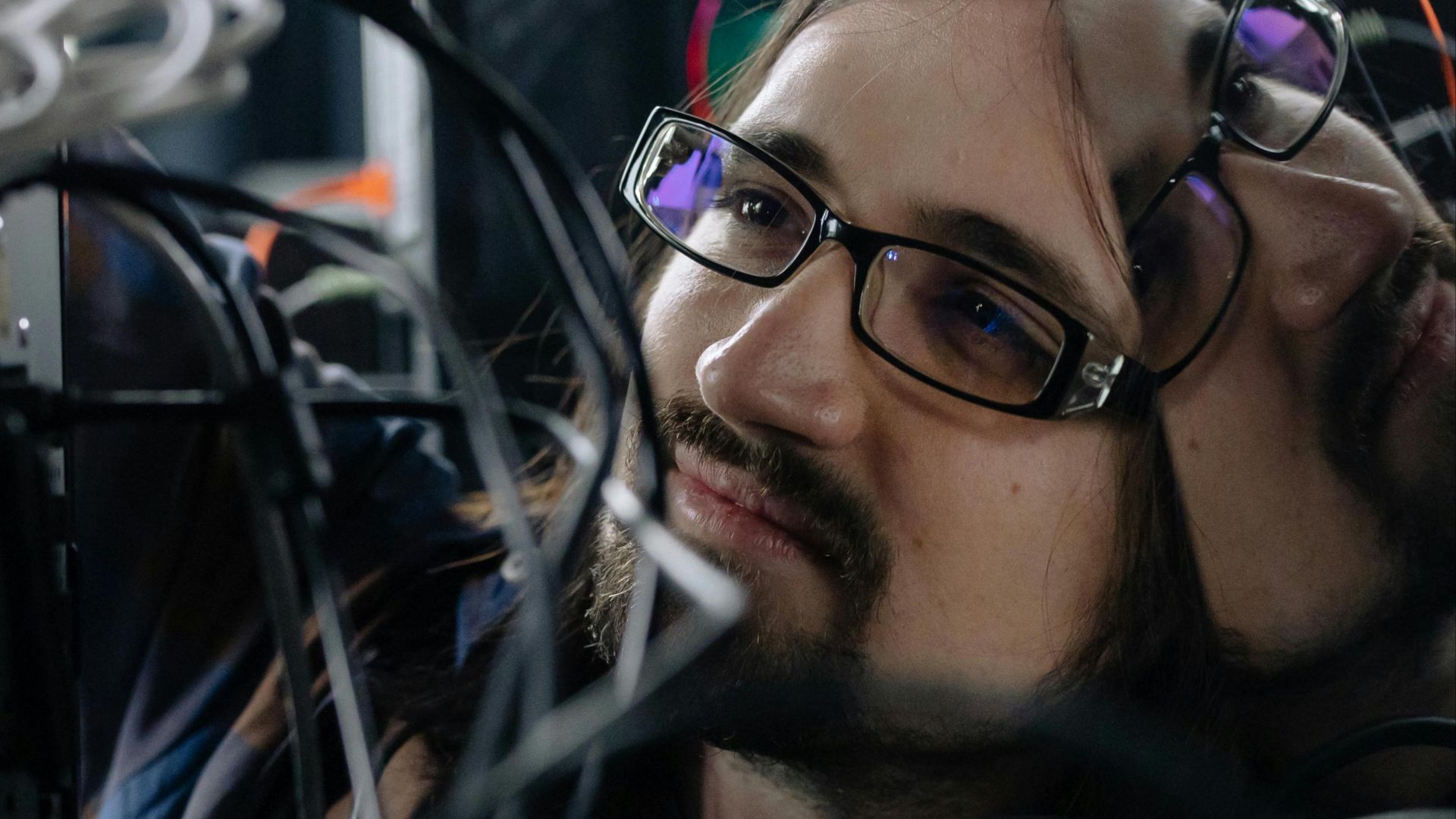Tech Stereotypes Get Weird
It's wild how quickly people make assumptions. Say you work in tech, and suddenly, there's a checklist people start mentally ticking off. Most of it? Off base. The stereotypes might sound harmless, but they flatten real people into cartoons. Let's unflatten that, one false label at a time.
1. They All Wear Hoodies
Walk through any Fortune 500 tech office, and you'll see blazers and even the occasional power suit. The hoodie image stuck thanks to Silicon Valley's startup boom, but that's one scene, not the whole industry. Dress codes vary widely, and so do the people behind the code.
 Photo By: Kaboompics.com on Pexels
Photo By: Kaboompics.com on Pexels
2. They Are Bad At Socializing
Tech professionals often spend a significant portion of their day engaging in collaborative activities such as team meetings and user research discussions. The stereotype of the antisocial coder emerged from early portrayals in media, but modern roles require collaboration and leadership. Empathy and communication are core skills, not exceptions.
3. They Only Work At Startups
While startups often capture media attention, tech professionals are integral to a huge range of sectors beyond the startup ecosystem. Government agencies, research institutions, healthcare organizations, educational institutions, and established corporations all rely heavily on tech expertise. This widespread demand underscores that tech roles are deeply embedded across every industry.
4. They Love Energy Drinks
This one's pure pop culture invention. Coffee is the preferred beverage across tech workplaces, while many professionals are leaning toward matcha or no caffeine at all. Health-conscious behavior is common in high-performance environments. Hence, energy drinks are far from a defining trait in the field.
5. They Are Always Logical
Logic matters, but so does intuition. Design thinking and emotional intelligence play major roles in modern tech. Empathizing with users and crafting delightful experiences aren't "just logic." They're human. Jobs like UX designer and AI ethicist prove this industry runs on more than code.
6. They Can Fix Any Tech
Coding Python doesn't mean knowing how to repair a router or fix your printer jam. The assumption that every tech person is an all-around gadget whisperer is misleading. Tech jobs are specialized. An Android developer won't necessarily understand database tuning or IT infrastructure.
7. They Don’t Have Hobbies
Outside the office, tech professionals often explore passions that have nothing to do with code. Some coach youth sports. Others paint or build model trains. The “no-life hacker” image ignores the reality that most in the field actively pursue hobbies, sometimes as intensely as they pursue their careers.
8. They Obsess Over Video Games
While gaming was once a strong subculture in the early tech scene, it's not synonymous with the profession. In today's workplace, people who write code might never touch a console. Others play chess or follow Formula 1. Game development is a niche skill set, not a universal obsession.
9. They Avoid The Outdoors
The stereotype of tech professionals as pale, indoors-only individuals is increasingly outdated. Companies like Patagonia and Microsoft actively promote outdoor activities and wellness programs to offer flexible schedules and outdoor initiatives. These initiatives reflect a broader industry trend prioritizing employee well-being and work-life balance.
10. They Always Work Alone
Despite what movies show, tech work is rarely solo. Collaboration is the norm for product teams and open-source contributors. Tools like GitHub, Slack, and Jira support constant teamwork. Pair programming and daily standups mean building anything meaningful, which requires a connection in nearly every tech role.
11. They Are Good At Math
Not every developer can solve a calculus proof, and that's fine. Many tech roles rely on logic or creative problem-solving, not math-heavy equations. Front-end development, QA, UI design, and product management require precision and planning, not advanced math. The "genius mathematician" myth just doesn't apply here.
12. They Hate Management Roles
Many engineers voluntarily transition into leadership roles, often pursuing MBAs or executive training to enhance their managerial skills. Google's Project Oxygen even emphasizes soft skills like coaching and communication over technical expertise. This shift shows a broader trend of tech professionals embracing strategic leadership positions.
13. They Work In Dark Rooms
Open-plan offices flooded with natural light are more common than dim dens filled with screens. Companies like Adobe and Meta design bright, welcoming spaces to improve focus and mental health. Darkness might suit hackers shown on TV, but real-world tech teams operate in comfort.
14. They Skip Business Knowledge
Product-market fit and user segmentation aren't just for MBAs. Tech workers often work side-by-side with marketers and analysts to learn how features impact revenue and retention. In product teams, understanding business logic is essential. Data-driven design and engineering are now the norm in competitive tech sectors.
15. They Work Long Crazy Hours
Pulling all-nighters may be romanticized, but most tech workers follow standard hours or use flex time. Burnout awareness and labor laws have shifted the culture. Even in fast-paced startups, schedules are more structured than people think. The "no sleep" trope belongs in the past.
16. They Never Take Vacations
The notion that tech professionals never take vacations is a misconception. In reality, many tech companies actively encourage employees to take time off to prevent burnout and promote well-being. For instance, Netflix offers an unlimited vacation policy, trusting employees to manage their time responsibly.
17. They Must Know Every Programming Language
The truth is that tech professionals tend to specialize. A front-end developer might become an expert in JavaScript while never touching Rust, and a cybersecurity pro could focus on network security without ever diving into mobile app development. Learning new languages is part of the job; mastering every single one isn’t necessary.
18. They’re All Young Geniuses
Tech isn’t only powered by fresh graduates and whiz kids. Many professionals enter tech later in life, after switching from teaching, journalism, or hospitality. Bootcamps, online certifications, and self-taught routes have made it possible for career-changers of all ages to thrive in the industry.
19. They All Majored In STEM
The belief that all tech professionals come from STEM fields is outdated. Many successful individuals in tech have backgrounds in philosophy, literature, music, or fine arts. Tech companies increasingly value problem-solving abilities and adaptability over specific degrees. Portfolios and real-world projects often outweigh traditional transcripts in hiring decisions.
20. They Wear Glasses
In reality, eyewear choices among tech workers are diverse, reflecting individual needs and preferences. While some individuals choose eyewear for vision correction or fashion, many do not. Glasses are common across various professions and do not define one's role or skills in tech.


























